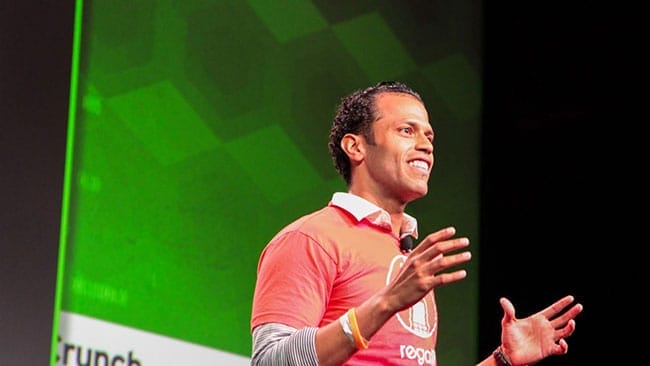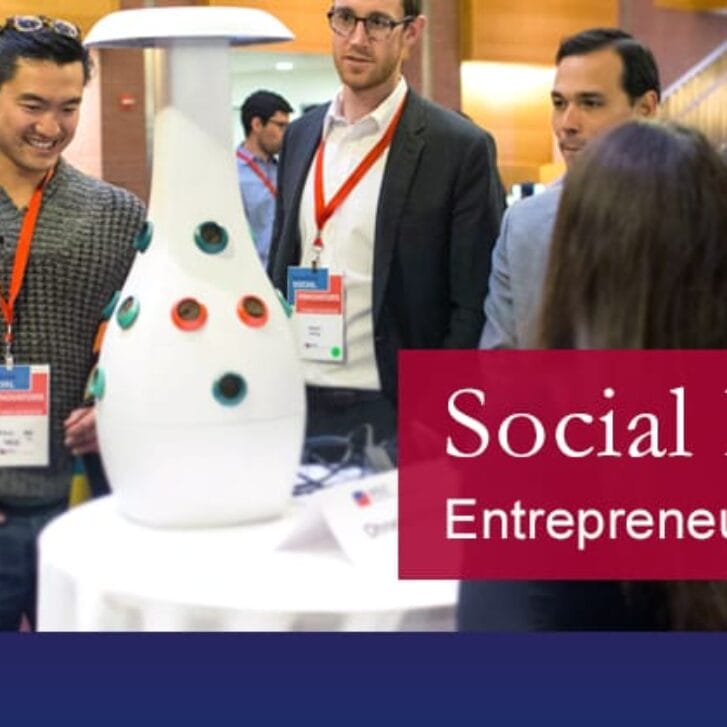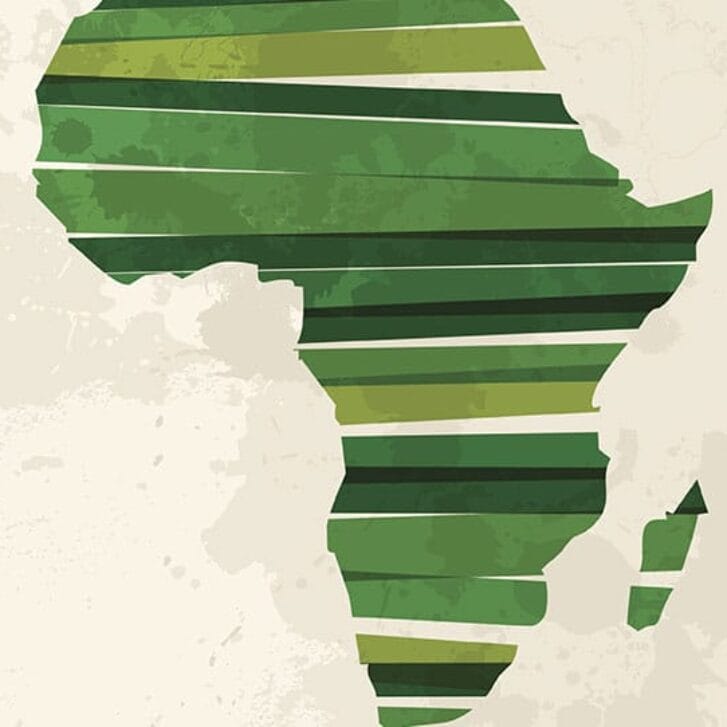It’s got to be nice to be staring at a $685 billion market opportunity and know you’ll be very successful if you can manage to capture 7 percent of it. It also must be sweet to know that, in doing so, you’ll be a social enterprise tackling a problem that you’ve seen family and friends struggle with for 20 years. Where should we start? The $685 billion market? Or the history?
They’re intertwined for Edrizio De La Cruz WG11. Through his social enterprise, Grupo Regalii Inc., he is working to gain a foothold in a niche of a much bigger market—that 7 percent of the $685 billion market of remittances, in which money is sent specifically for utilities and other everyday bills. The process by which immigrants send money home to friends and family is archaic, De La Cruz explains. It requires senders and sendees to physically appear at locations. Agencies don’t notify either when money has been sent or received. And middlemen, or worse, criminals, seek to pocket as much of the money as possible. As De La Cruz puts it, he has 20 years’ worth of experience sending money home, ever since his mom put him on a plane “to a place called New York City” to live with his father.
His disintermediation solution is to allow individuals to send money not to loved ones—but to their utilities, directly paying for basic necessities like electricity and clean water. Technology and old-fashioned business relationships power it. It works through:
- Transparency: On the U.S./sender side, Regalii partners with merchants, both brick-and-mortar and online, to sell its remittance service to the retailers’ customers. Partners access the social enterprise’s back-end system that can tell senders how much their loved ones at home owe for utilities, as well as track previous payments.
- Ease of Use: When senders make a new payment, the system sends the sender and the recipient an SMS/text message.

A screenshot from the Regalii app, allowing users to see upcoming utility bills for loved ones back home
- Scalable and Transferable: Not only do retail partners have access to the Regalii system. The social enterprise built an Application Programming Interface (API) platform, which allows utilities to share customer data and keep track of payments and balances across multiple currencies.
It’s a platform and an idea that’s led to more than $2.7 million in funding from investors like Andreessen Horowitz, Banco Itau, Winklevoss Capital, Maverick, Kapor Capital, Bill Lee and Initialized Capital, as well as direct partnerships with 40,234 retail locations in North America and more than 240 utilities in eight countries: Mexico, India, Philippines, Dominican Republic, Guatemala, El Salvador, Honduras and Panama.
Like any entrepreneur worth his salt, De La Cruz seeks global domination as his final objective: a platform to “power all of the world’s bill payments, making it easier for anyone anywhere.”
Credit De La Cruz’s willpower to try to transform remittances. He’s put in a lot of hard work since founding the social enterprise in late 2012, traveling internationally throughout 2013 to build relationships. His willingness to fund the startup using credit cards until Echoing Green gave Regalii a grant, followed by a funding round led by a prominent Latin American banker who De La Cruz met at a Wharton conference, indicated he was serious.
For his part, De La Cruz credits his success to his education. Without a doubt, Wharton, particularly entrepreneurship courses he took with Edward B. and Shirley R. Shils Assistant Professor Ethan Mollick and a Legal Studies in Entrepreneurship course (“one of the best classes I’ve ever taken” ), pointed him in the right direction. Other entrepreneurs showed him the way as well. During school, he listened and learned from entrepreneurs within the network, like serial entrepreneur, current Cotopaxi CEO and Wharton 40 Under 40 Davis Smith G11 WG11; right after school, De La Cruz joined an incubator as a consultant.
“If I was going to engulf myself in that environment for a semester, I was going to be able to learn from other entrepreneurs,” he says.
After the launch of Regalii (named in a play on the Spanish word for gift, regalo), another great learning opportunity came in 2013 through famed startup accelerator Y Combinator. Pivotal for De La Cruz and his co-founders, it provided as close as you can get to a “blueprint” for startup success.
“If you’ve never ran a marathon before, you probably want to take lessons from the guy who’s run 20 marathons, not the guy who’s only read books about marathons,” he explains.
Likewise, if you want to tap into a $685 billion market, you probably want to go with the guy—Y Combinator—who’s had personal insights into it for 20 years.



























